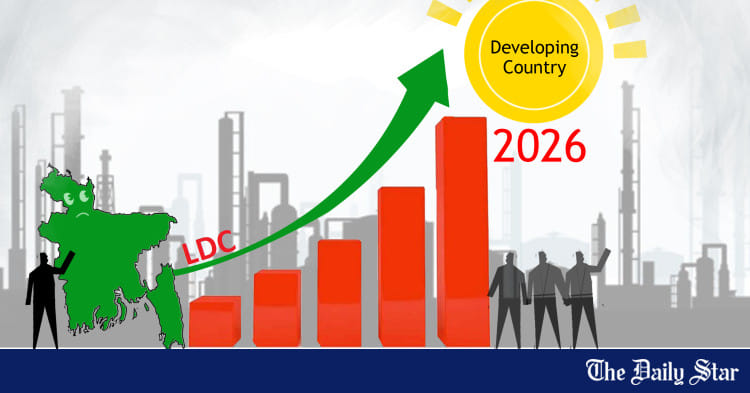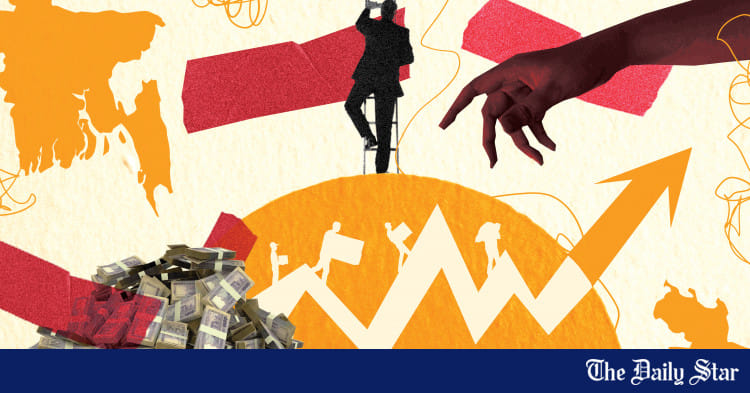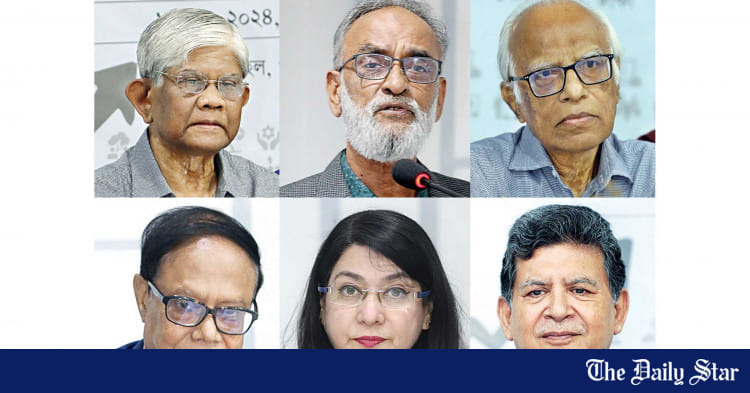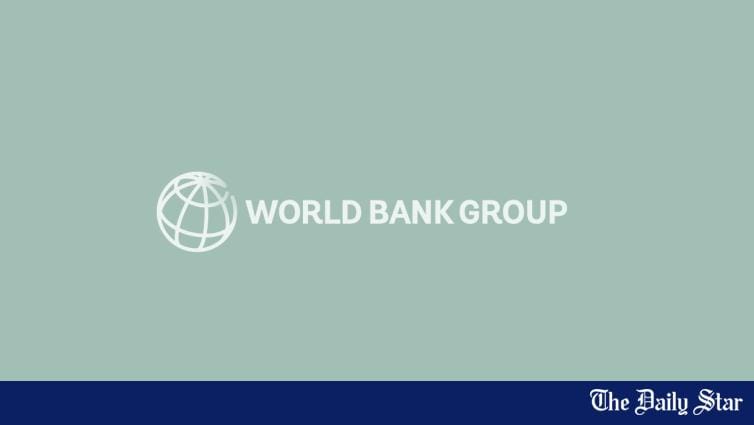Saif
Senior Member
- Joined
- Jan 24, 2024
- Messages
- 16,880
- Likes
- 8,153
- Nation

- Residence

- Axis Group


Widening tax net urgent to raise tax-GDP ratio: ICAB
The Institute of Chartered Accountants of Bangladesh on Saturday said that widening the tax net was the demand of time to increase the country’s tax-gross...
 www.newagebd.net
www.newagebd.net
Widening tax net urgent to raise tax-GDP ratio: ICAB
Staff Correspondent 08 June, 2024, 23:23

The Institute of Chartered Accountants of Bangladesh on Saturday said that widening the tax net was the demand of time to increase the country's tax-gross domestic product ratio.
In a post-budget press conference organised by ICAB in the capital Dhaka, accounting professionals said that they appreciated the reduction of tax on private companies and one person companies, essential items and making tax rates applicable for two years in the proposed budget for the 2024-25 financial year.
Finance minister Abul Hassan Mahmood Ali placed the proposed budget for the 2024-25 financial year at Jatiya Sangsad in the capital Dhaka on June 6.
The institute said that the proposed budget gave an opportunity to legalise undisclosed money with a 15-per cent tax, but did not provide a distinction between legitimate and illegitimate incomes.
Mohammed Forkan Uddin, president of ICAB, said that the institution appreciated the emphasis put on online document verification system in the proposed budget.
The ICAB president also said that borrowing from internal sources to meet the budget deficit could fuel the already rising inflation.
He also said that ICAB appreciated the changes in the VAT and supplementary duty.
ICAB chief executive officer Snehashish Barua said that if the government took more loans from banks, investment in the country could reduce and higher revenue collection target might be disrupted.
Former ICAB president Md Humayun Kabir, among others, was present in the press conference.
Staff Correspondent 08 June, 2024, 23:23
The Institute of Chartered Accountants of Bangladesh on Saturday said that widening the tax net was the demand of time to increase the country's tax-gross domestic product ratio.
In a post-budget press conference organised by ICAB in the capital Dhaka, accounting professionals said that they appreciated the reduction of tax on private companies and one person companies, essential items and making tax rates applicable for two years in the proposed budget for the 2024-25 financial year.
Finance minister Abul Hassan Mahmood Ali placed the proposed budget for the 2024-25 financial year at Jatiya Sangsad in the capital Dhaka on June 6.
The institute said that the proposed budget gave an opportunity to legalise undisclosed money with a 15-per cent tax, but did not provide a distinction between legitimate and illegitimate incomes.
Mohammed Forkan Uddin, president of ICAB, said that the institution appreciated the emphasis put on online document verification system in the proposed budget.
The ICAB president also said that borrowing from internal sources to meet the budget deficit could fuel the already rising inflation.
He also said that ICAB appreciated the changes in the VAT and supplementary duty.
ICAB chief executive officer Snehashish Barua said that if the government took more loans from banks, investment in the country could reduce and higher revenue collection target might be disrupted.
Former ICAB president Md Humayun Kabir, among others, was present in the press conference.




